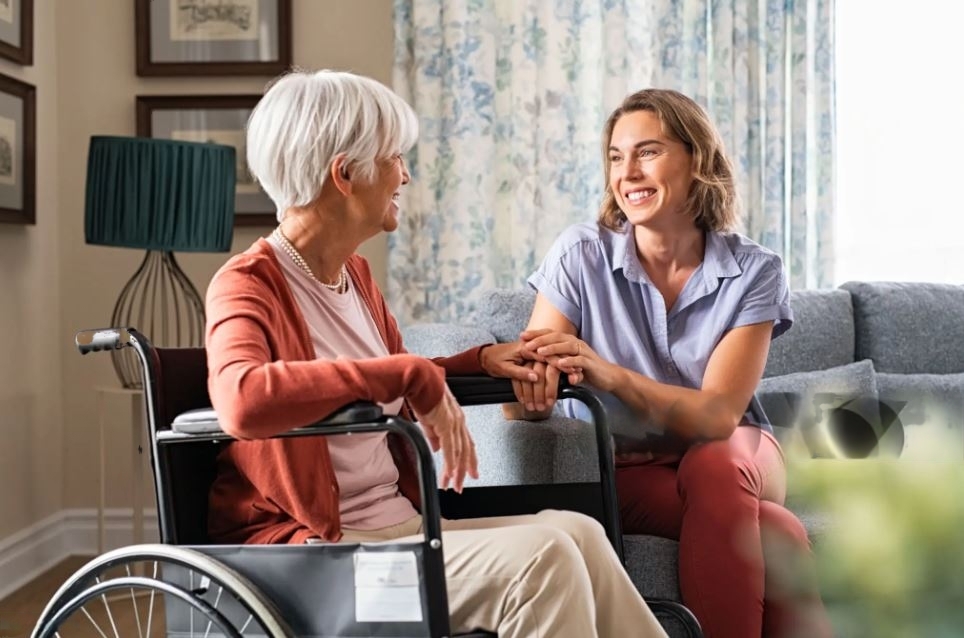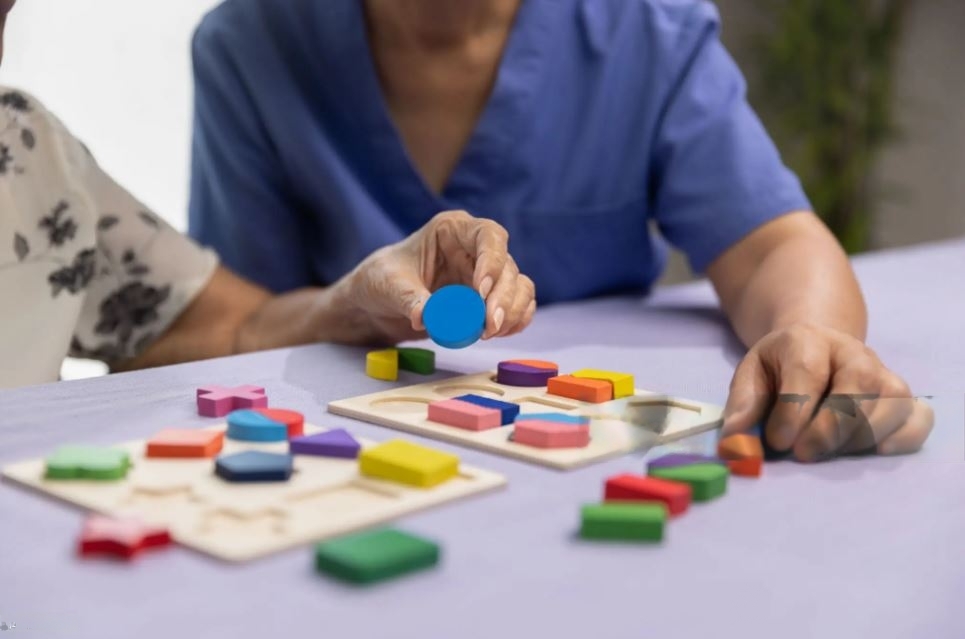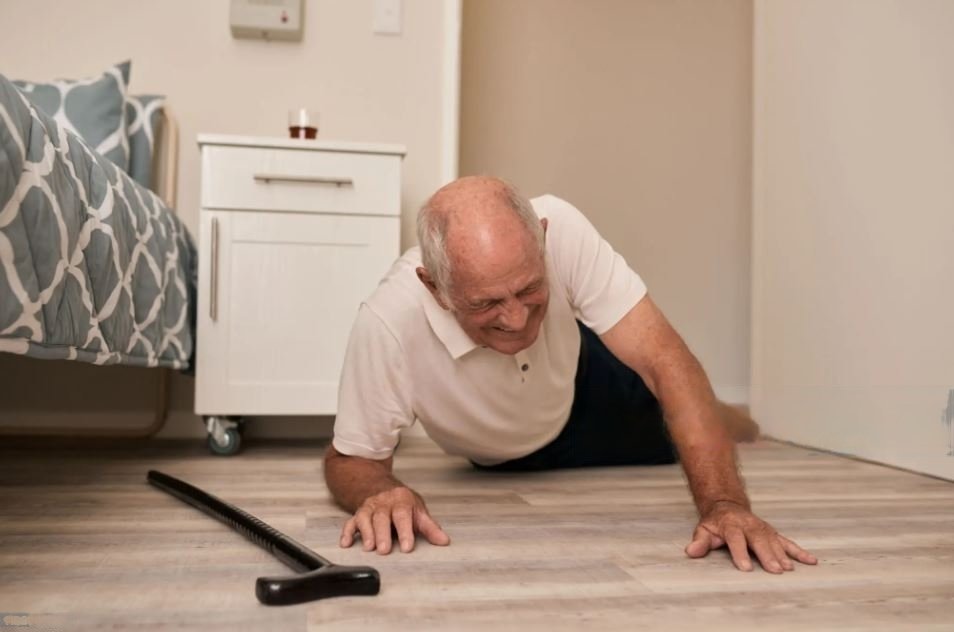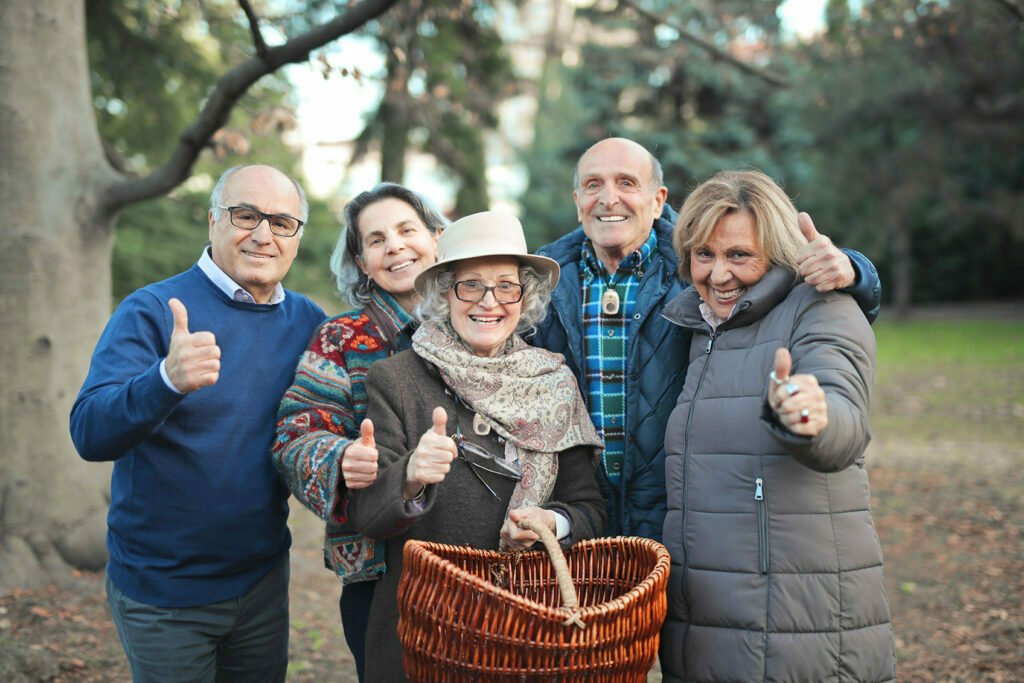Effective Communication in Senior Caregiving: Tips for Strengthening Relationships 2023
Effective communication in Senior Caregiving is crucial in senior caregiving as it helps build satisfying relationships with older patients and enables caregivers to manage their care more effectively. In this blog post, we will explore various strategies and tips for improving communication in senior caregiving, with a focus on building strong relationships and fostering trust.
Communication in Senior Caregiving Strategies
- Speak to the patient as a fellow adult: Treating older patients with respect and making them feel valued can significantly enhance communication. By speaking to them as equals, caregivers can establish a sense of dignity and create a more positive and comfortable environment.
- Create a comfortable environment: Older patients should feel at ease during conversations. Caregivers can achieve this by ensuring the surroundings are comfortable and conducive to open communication. This includes considering factors such as temperature, lighting, and noise levels.
- Avoid hurrying older patients: It is crucial to allow older patients enough time to process information and respond. Rushing them can lead to frustration and hinder effective communication. Patience is key in facilitating meaningful conversations.
- Use plain and simple language: Speaking in clear and straightforward terms helps improve elderly individuals’ understanding. Caregivers should avoid using complex or technical jargon, opting instead for language that is easy to comprehend.
- Address the patient face-to-face: Engaging in face-to-face communication facilitates better connection and understanding. By maintaining eye contact and focusing on the individual, caregivers can establish a stronger rapport with senior patients.
- Write down or print out important points: Providing written information can help seniors retain important details and serve as a reference for later. This approach ensures that essential information is not forgotten and can be easily revisited.
- Adapt communication approaches: Recognizing that people from different backgrounds may have varying communication expectations is essential. Caregivers should adapt their communication styles and approaches to accommodate these differences, promoting effective and meaningful interactions.
While the provided information covers several aspects of effective communication strategies in senior caregiving, it is worth mentioning that other potential strategies, such as active listening, using visual aids, and employing non-verbal cues, can also enhance Communication in Senior Caregiving and should be considered in caregiving situations.
Tips for Building Relationships with Seniors in Caregiving
Building strong relationships with seniors in caregiving is crucial for providing holistic and personalized care. Here are some additional tips to strengthen these relationships:
- Get to know your senior client: Taking the time to understand your senior client’s preferences, interests, and background is key to building rapport. This knowledge allows caregivers to tailor their approach and provide more personalized care.
- Give them as much autonomy as possible: Allowing seniors to maintain their independence and make choices fosters empowerment and builds trust in the caregiver relationship.
- Tailor your communication to their needs: Understanding and adapting to seniors’ communication styles and preferences can enhance effective communication and strengthen the relationship. This includes using clear and simple language, active listening, and being patient.
- Share some of your previous experience: Sharing personal experiences related to caregiving or similar situations helps seniors feel understood and creates a bond between the caregiver and the senior. It also establishes credibility and trust.
- Keep a sense of humour: Maintaining a positive and light-hearted approach contributes to a more enjoyable and comfortable caregiving experience. Sharing laughter and finding joy in everyday moments help create a positive atmosphere and strengthen the bond with seniors.
It is important to note that the provided information does not cover all possible tips for building relationships with seniors in caregiving. There may be additional strategies and recommendations outside the scope of the provided sources.
The Importance of Communication in Senior Caregiving
Communication plays an integral role in senior caregiving, impacting both the physical and emotional well-being of older patients. Effective communication helps build satisfying relationships, fosters trust and enhances overall care management. Key benefits of effective communication in senior caregiving include:
- Improved health outcomes: Strong patient-provider relationships resulting from effective communication can lead to improved health outcomes and help prevent medical errors.
- Enhanced understanding and comfort: Effective communication allows care recipients to feel at ease, knowing that their needs are being met and understood.
- Prevention of caregiver burnout: By ensuring effective communication, caregivers can better manage their responsibilities, reducing the risk of burnout and promoting their own well-being.
- Connection and trust building: Communication at all levels is essential for building strong relationships and fostering trust between caregivers and seniors.
Listening well is one of the most important skills for caregivers to cultivate. By actively listening and paying attention to seniors’ needs and concerns, caregivers can establish a strong foundation for effective communication.
It is worth noting that the provided information does not explicitly mention the impact of communication on preventing caregiver burnout or the specific benefits of communication for senior patients with cognitive impairments.
Improving Communication Skills in Senior Caregiving
To enhance communication skills in senior caregiving, consider implementing the following tips and strategies:
- Be patient: Patience is essential for effective communication and understanding. Taking the time to listen and respond thoughtfully ensures that seniors feel heard and valued.
- Use simple language: Clear and straightforward language makes it easier for older adults to comprehend information. Avoiding complex jargon or terms they may not be familiar with promotes better understanding.
- Speak at their level: Adapt your communication style to match the cognitive abilities and level of understanding of older patients. This ensures that your messages are tailored to their needs and preferences.
- Make eye contact: Establishing a connection and showing attentiveness can be achieved through maintaining eye contact while conversing. This non-verbal cue helps seniors feel valued and heard.
- Avoid distractions: Minimize visual and auditory distractions that may interfere with effective communication. Creating a calm and focused environment helps seniors concentrate on the conversation.
- Pay attention to body language: Nonverbal cues provide valuable insights into seniors’ thoughts and emotions. Observing their body language can help caregivers better understand their needs and feelings.
In addition to these strategies, consider practising the following to further improve communication in senior caregiving:
- Ask about preferred addressing: Inquire about how older adults prefer to be addressed to ensure respect and support their preferences.
- Allow extra time: Older patients may need more time to express themselves fully. Allowing ample opportunity for them to share their thoughts and feelings promotes effective communication and a sense of being heard.
- Minimize distractions: Creating an environment free from visual and auditory disturbances enhances communication. Removing unnecessary distractions allows seniors to focus on the conversation at hand.
- Sit face-to-face: Engaging in face-to-face communication facilitates better engagement and understanding. By sitting face-to-face, caregivers can establish a stronger connection and ensure effective communication.
It is important to remember that effective communication in senior caregiving is a continuous learning process. Caregivers should always strive to improve their skills and adapt their approach to meet the unique needs of each individual under their care.
In conclusion, effective communication is a fundamental aspect of senior caregiving that contributes to the well-being of both caregivers and older patients. By implementing the strategies and tips discussed in this blog post, caregivers can strengthen relationships, foster trust, and provide the best possible care for seniors. Remember to listen attentively, adapt communication styles, and create an environment conducive to effective and meaningful interactions.
More From our Library
The Complex Connection: How Does Mental Health Affect Identity?
Cold Winter Challenge: Safeguarding Seniors and Disabled Individuals in Canada 2024
The Emotional Impact of Best Senior Emergency Alert System
Reducing the Fear of Falling for Seniors: A Comprehensive Guide
Navigating the Challenges of Dementia Care: Senior Caregiving Tips and Strategies
Balancing Self-Care For Caregivers: Tips for Caregivers
Contact Us
Our team is ready and available to help you find the right solution. Fill out the form to receive a callback or contact us:







































